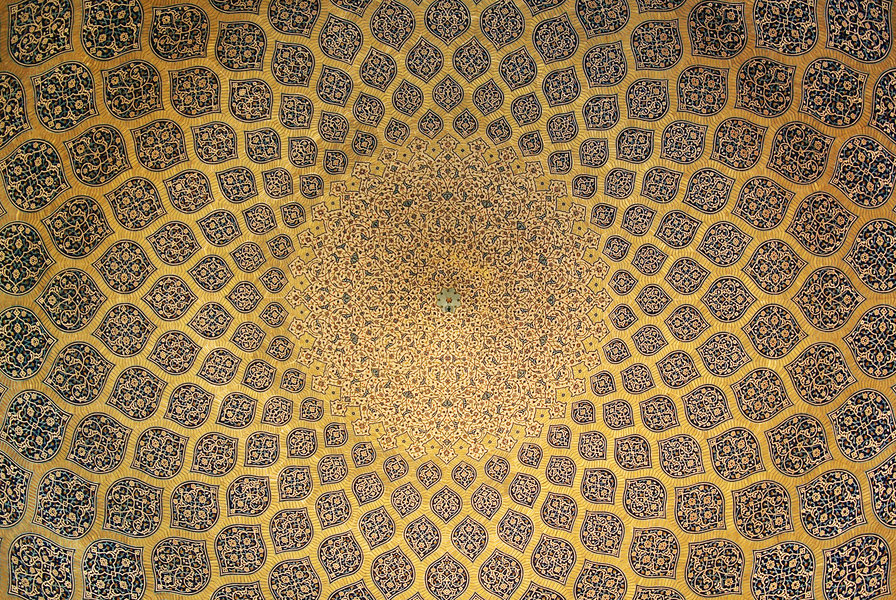
Counting down the top 10 most influential scientists from the Arabic Golden Age who made advances in science and technology while Europe was in a cultural decline during the Dark Ages.
When asked about history’s most influential scientists, many people talk of Einstein, Darwin, Galileo or Newton.
But few will mention how these European scientists were indebted to their predecessors: Arabic scholars who made advances in science and technology while Europe was in a cultural decline during the Dark Ages (5th – 15th century).
The passing of the science baton is often overlooked due to the conflict of the Crusades and “it’s possible, too, that many scholars in the Renaissance later played down or even disguised their connection to the Middle East for both political and religious reasons,” says Ehsan Masood, who wrote the book Science and Islam.
10. HASSAN IBN AL-HAITHAM, MATHEMATICIAN Basra, Iraq (965 – 1040)
Al-Haitham is considered one of the founders of modern optics. Ptolemy and Aristotle theorised that light either shone from the eye to illuminate objects or that light emanated from objects themselves. But al-Haitham suggested that light travels to the eye in rays from different points on an object.
However, al-Haitham’s stellar career ended abruptly after he foolishly promised the ruler of Cairo that he could stop the Nile from flooding by building a dam at Aswan. He couldn’t, feigning insanity to avoid persecution. Ironically, his plans to build a dam were carried out hundreds of years later, on the same site he initially proposed, when human engineering abilities had caught up with his vision.
9. OMAR KHAYYAAM, MATHEMATICIAN Neyshapur, Iran (1048 – 1131)
Khayyam calculated the length of a solar year to 10 decimal places and was only out by a fraction of a second when compared to our modern day calculations. He used this to compose a calendar considered more accurate than the Gregorian calendar that came along 500 years later.
His passion for science and interpersonal skills could classify him as one of the world’s first great science communicators – he is said to have convinced a Sufi theologist that the world turns on an axis.
8. AL-BATTANI, MATHEMATICIAN Harran, Turkey (858 – 929)
Although first conceptualised in Ancient Greece, al-Battani further developed trigonometry as an independent branch of mathematics, developing relationships such as tanø=sinø/cosø. His driving force was to obtain the ability to locate Mecca from any given geographical point – aiding in Muslim rituals such as burial and prayer, which require participants to face the holy city.
7. AL-RAZI, MEDICAL RESEARCHER Rey, near Tehran, Iran (865 – 920)
Al-Razi identified the fever as part of the body’s defence, and was the first to describe the symptoms and pathology of smallpox and measles.
He also challenged the accepted medical theory on ‘bleeding’ – a widely practiced healing technique. Demonstrating a well-planned experimental methodology, patients with meningitis were divided randomly into a treatment group where ‘bleeding’ was applied and a control group where it was not. Despite his efforts, the ‘bled’ group displayed a greater recovery.
6. AL-ZAHRAWI, SURGEON El-Zahra, near Cordoba, Spain (936 – 1013)
Al-Zahrawi is considered one of the fathers of modern surgery. It was his idea to use animal intestines for internal suturing, a material that produces no immune response and dissolves naturally, removing the need for further surgery, and this is still used in some counties today.
He is also known for the invention of many surgical instruments, including forceps to assist in vaginal births.
Written by Kiri Beilby
Image: Shutterstock
Publication date: January 6, 2011
Learn about MENA NGOs involved in Research
MENA’s first free click-to-donate platform – you click, we donate




Copyright © 2024 The Olive Tree SAL, all rights reserved. Terms of Use | Privacy Policy